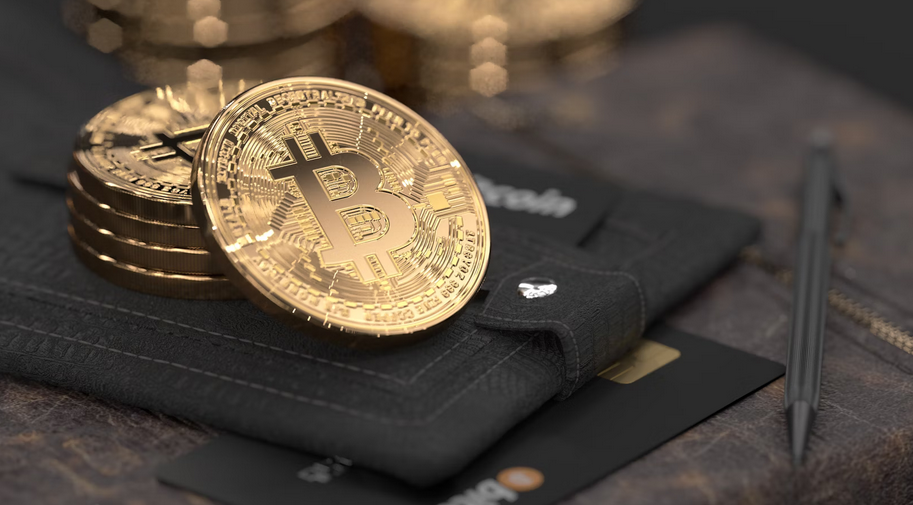The Importance of Paying Bills on Time
Picture this: You’re sitting at your desk, surrounded by stacks of unopened bills and a sinking feeling in the pit of your stomach. Sound familiar? We’ve all been there at some point in our lives, but here’s the thing – paying bills on time is not just about avoiding late fees or preserving our credit score; it’s about taking control of our financial well-being. In today’s fast-paced world, where everything seems just a click away, it can be tempting to let those due dates slide or push them to the bottom of that never-ending to-do list. But trust me when I say that making timely bill payments is essential if you want to achieve long-term financial success.
Maintain Credit Score
 Your credit score is like a financial report card that lenders use to determine your creditworthiness. It is crucial in determining whether you can secure a loan, get approved for a mortgage, or even qualify for low-interest rates on credit cards. Simply put, it indicates how responsible you are with managing your finances. Paying bills on time is one of the most significant factors impacting your credit score. Late payments can cause severe damage and stay on your credit report for years, making it harder for you to access favorable financial opportunities in the future.
Your credit score is like a financial report card that lenders use to determine your creditworthiness. It is crucial in determining whether you can secure a loan, get approved for a mortgage, or even qualify for low-interest rates on credit cards. Simply put, it indicates how responsible you are with managing your finances. Paying bills on time is one of the most significant factors impacting your credit score. Late payments can cause severe damage and stay on your credit report for years, making it harder for you to access favorable financial opportunities in the future.
If you know someone who is having problems on their credit, asking for help is the best thing to do. Make sure that you reach out to professionals that have been trained to handle these matters. They will provide you with the help you need to get back on track. Credit Repair Payment Processing is something that you must look into if you are in such a situation. On the other hand, consistently paying bills promptly demonstrates reliability and fiscal responsibility.
Avoid Late Fees and Penalties
No one likes paying late fees or penalties, right? They can quickly add up and put a dent in your budget. That’s why it’s essential to pay your bills on time. By doing so, you can avoid the unnecessary burden of these extra charges. Late fees are typically imposed when you fail to make your payment by the due date provided by the creditor. These fees may seem small at first, but they can accumulate over time if left unchecked. Think about it: that five-dollar late fee might not seem like much, but imagine if you have multiple bills with similar penalties.

Preserve Your Relationships
When it comes to paying bills on time, many people overlook its impact on their relationships. Failing to pay your bills promptly can strain those bonds whether you’re sharing expenses with a roommate or in a committed partnership. Think about it: resentment is bound to build if you consistently fall behind on payments and leave your roommates or partner picking up the slack. The constant stress of financial instability can lead to arguments and tension within the household. It’s important to remember that money matters can be a significant source of relationship conflict.
Reach out to a Financial Organization
 Financial organization is key to managing your bills and ensuring they are paid on time. By having a system in place to track due dates and payment amounts, you can avoid the stress and potential consequences of missed payments. One way to stay organized is by creating a budget that includes all of your monthly expenses, including bills. This will give you an overview of what needs to be paid and when it is due. It’s important to update this budget as new bills or existing ones change regularly.
Financial organization is key to managing your bills and ensuring they are paid on time. By having a system in place to track due dates and payment amounts, you can avoid the stress and potential consequences of missed payments. One way to stay organized is by creating a budget that includes all of your monthly expenses, including bills. This will give you an overview of what needs to be paid and when it is due. It’s important to update this budget as new bills or existing ones change regularly.
Remember, paying bills on time is not only about meeting deadlines; it’s also about taking responsibility for our financial obligations. So, next time you receive a bill or an invoice, take a moment to prioritize it and make the necessary arrangements to pay it promptly. By doing so, you’ll be setting yourself up for financial success and building solid foundations for long-term financial stability. So, let’s prioritize paying bills on time and reap the benefits of staying ahead in the game of personal finance.




